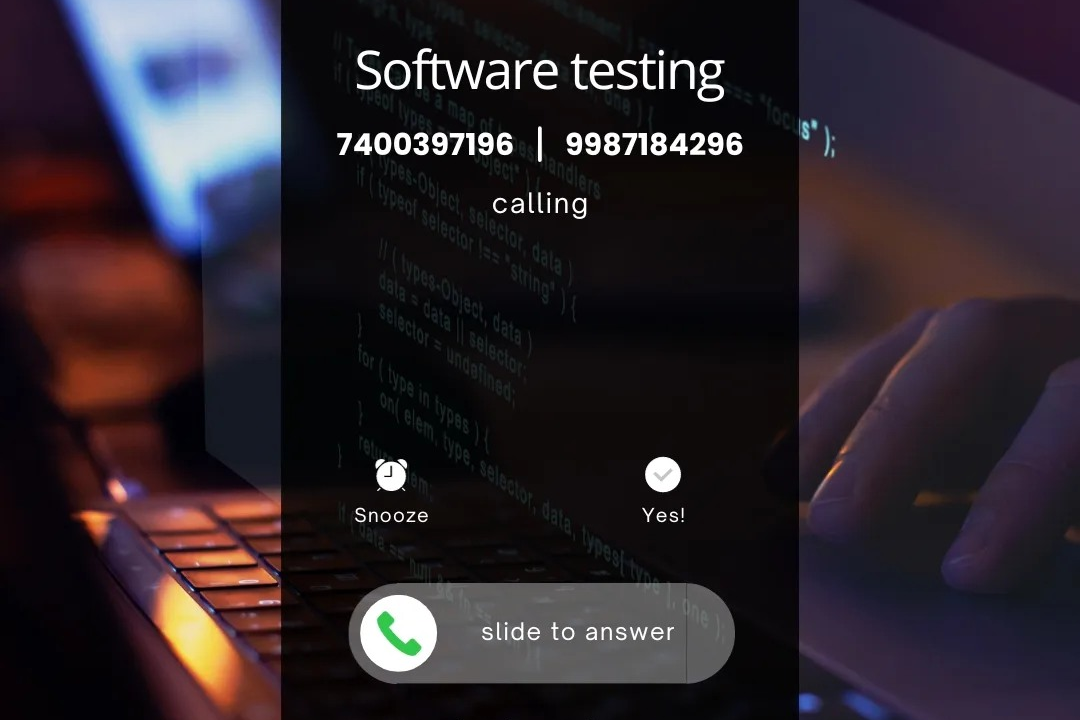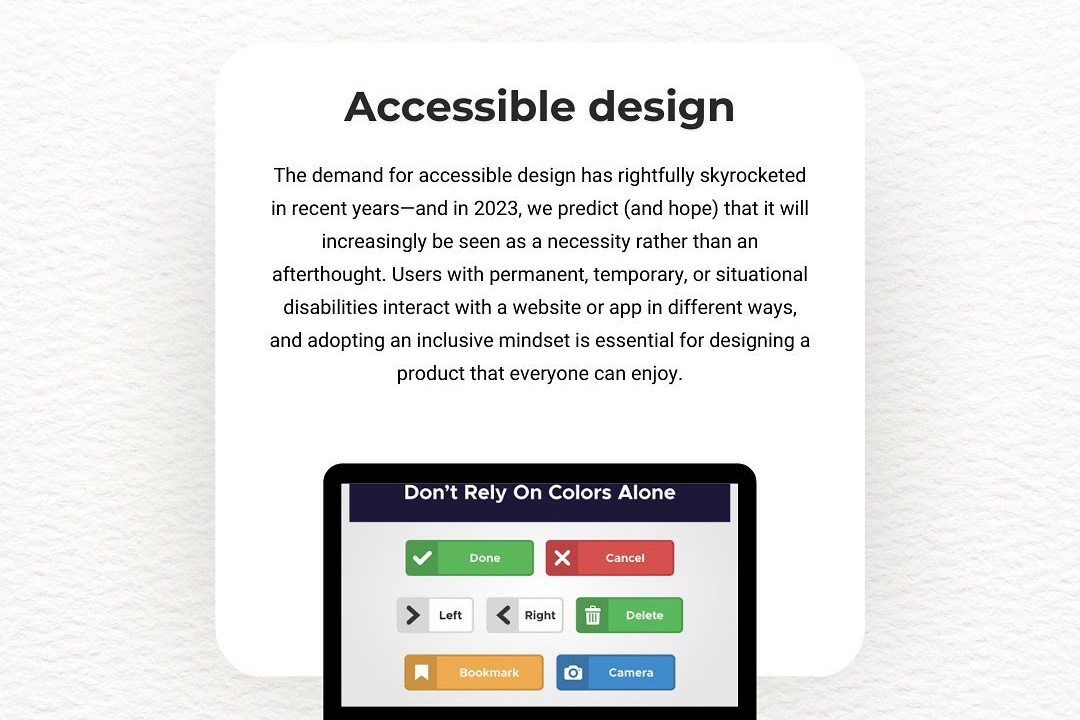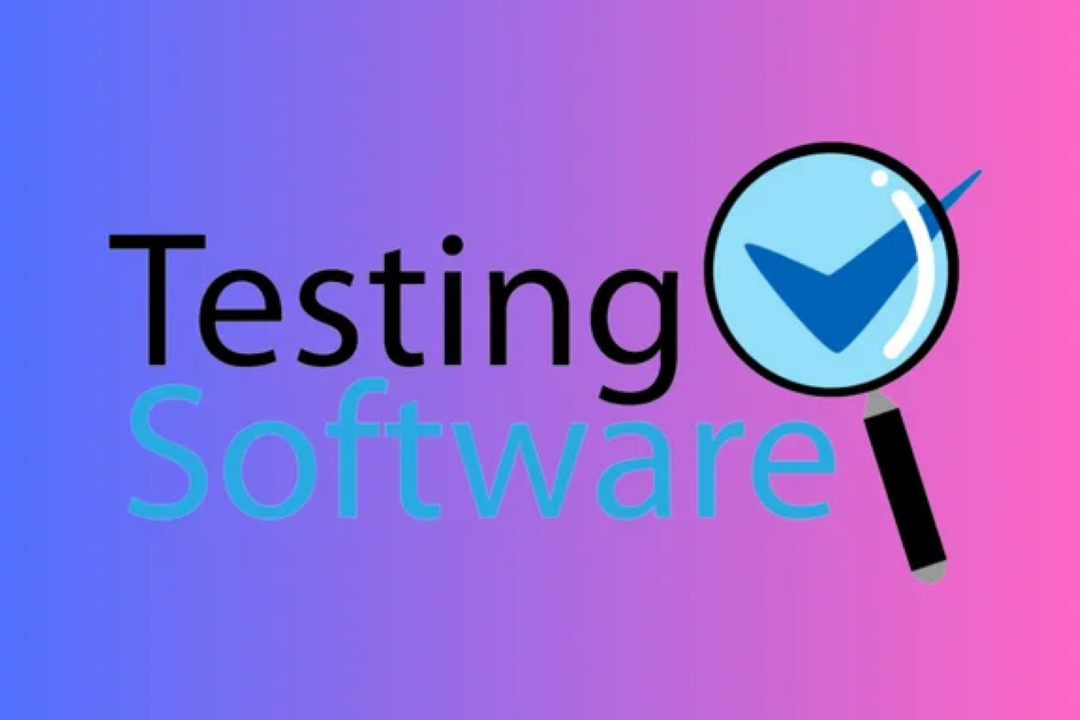Real Time Interview Questions On Appium
Real-time interview questions on Appium focus on assessing a candidate's knowledge and skills in mob
Real Time Interview Questions On Appium
Real-time interview questions on Appium are essential for candidates aspiring to excel in mobile application testing, as they evaluate practical knowledge and problem-solving skills relevant to real-world scenarios. These questions enable interviewers to gauge a candidate's familiarity with automation frameworks, proficiency in handling different mobile platforms (iOS and Android), and their ability to write and maintain effective test scripts. By focusing on practical implementations, these interviews help identify individuals who can successfully navigate the complexities of mobile testing, ensuring they possess the skills needed to contribute effectively to testing teams and deliver high-quality applications. Mastering these questions can significantly enhance a candidate's confidence and readiness for roles in mobile test automation.
To Download Our Brochure: https://www.justacademy.co/download-brochure-for-free
Message us for more information: +91 9987184296
Real time interview questions on Appium are essential for candidates aspiring to excel in mobile application testing, as they evaluate practical knowledge and problem solving skills relevant to real world scenarios. These questions enable interviewers to gauge a candidate's familiarity with automation frameworks, proficiency in handling different mobile platforms (iOS and Android), and their ability to write and maintain effective test scripts. By focusing on practical implementations, these interviews help identify individuals who can successfully navigate the complexities of mobile testing, ensuring they possess the skills needed to contribute effectively to testing teams and deliver high quality applications. Mastering these questions can significantly enhance a candidate's confidence and readiness for roles in mobile test automation.
Course Overview
The “Real-Time Interview Questions on Appium” course is designed to equip aspiring mobile testers and automation engineers with the essential knowledge and skills to succeed in job interviews focused on Appium, a popular open-source tool for automating mobile applications. This course offers an extensive collection of common interview questions, detailed answers, and practical insights into various Appium functionalities, testing strategies, and best practices. Participants will engage in real-world scenarios and hands-on exercises, helping them to develop a robust understanding of both Android and iOS testing environments. By the end of the course, learners will feel confident in articulating their expertise in Appium and showcasing their ability to handle mobile testing challenges effectively, ultimately enhancing their prospects in the competitive job market.
Course Description
The “Real-Time Interview Questions on Appium” course is meticulously designed to prepare participants for successful job interviews in the mobile testing field. This course encompasses a comprehensive array of commonly asked interview questions, alongside detailed answers and practical insights into Appium's features and functionalities. Participants will explore real-world scenarios and engage in hands-on exercises that mirror the actual challenges faced by automation engineers when testing both Android and iOS applications. By focusing on key topics like mobile testing strategies, script optimization, and troubleshooting, this course aims to bolster learners' confidence and proficiency in Appium, ensuring they stand out in interviews and advance their careers in mobile automation testing.
Key Features
1 - Comprehensive Tool Coverage: Provides hands-on training with a range of industry-standard testing tools, including Selenium, JIRA, LoadRunner, and TestRail.
2) Practical Exercises: Features real-world exercises and case studies to apply tools in various testing scenarios.
3) Interactive Learning: Includes interactive sessions with industry experts for personalized feedback and guidance.
4) Detailed Tutorials: Offers extensive tutorials and documentation on tool functionalities and best practices.
5) Advanced Techniques: Covers both fundamental and advanced techniques for using testing tools effectively.
6) Data Visualization: Integrates tools for visualizing test metrics and results, enhancing data interpretation and decision-making.
7) Tool Integration: Teaches how to integrate testing tools into the software development lifecycle for streamlined workflows.
8) Project-Based Learning: Focuses on project-based learning to build practical skills and create a portfolio of completed tasks.
9) Career Support: Provides resources and support for applying learned skills to real-world job scenarios, including resume building and interview preparation.
10) Up-to-Date Content: Ensures that course materials reflect the latest industry standards and tool updates.
Benefits of taking our course
Functional Tools
1 - Appium
Appium is an open source tool designed for automating mobile applications on multiple platforms like Android and iOS. It supports native, hybrid, and mobile web applications, enabling students to write tests using their preferred programming language. With its capability to interact with the mobile device’s elements directly, learners will become proficient in creating robust test scripts that can handle various application functionalities. Appium’s flexibility allows integration with other testing frameworks, making it a vital tool for modern mobile application testing.
2) Selenium
Although primarily used for web application testing, Selenium is often integrated with Appium to enhance automation testing capabilities. This combination allows students to leverage Selenium’s functionalities in web interactions within mobile applications. By understanding how to utilize both tools, learners will gain a broader perspective on automation testing, preparing them for diverse testing environments. Knowledge of Selenium will also help students understand concepts like WebDriver and element locators, enhancing their competency in interview discussions.
3) TestNG
TestNG is a popular testing framework that enhances the organization of test cases and provides features such as parallel test execution. In the context of Appium, utilizing TestNG will allow learners to efficiently manage their test scripts and analyze test results through detailed reports. The integration of TestNG with Appium provides flexible annotation options and the ability to implement parameterized tests, which is crucial for ensuring robust test coverage. Understanding TestNG will provide students with practical skills necessary for a career in automated testing.
4) JUnit
Similar to TestNG, JUnit is another testing framework widely used for writing and executing tests in Java. Students will learn how to integrate JUnit with Appium, creating efficient test cases tailored for mobile applications. This experience is essential for managing lifecycle events of tests, which aids in understanding how to set up preconditions and teardown processes in mobile testing. Mastery of JUnit will not only strengthen learners' technical skills but also equip them to articulate their testing strategies effectively during job interviews.
5) Maven
Maven is a build automation tool that students will use to manage project dependencies and build configurations for their Appium testing projects. Learning to utilize Maven will enable learners to streamline their development process, ensuring that all required libraries and frameworks are properly set up. This knowledge is essential for maintaining organized code and efficient builds, essential factors that potential employers often inquire about during interviews. Familiarity with Maven also showcases a candidate’s ability to work in collaborative environments where project structure is key.
6) Git
Version control is a critical aspect of modern software development, and Git is the most widely used tool for this purpose. Students will learn how to use Git to manage their test automation scripts and collaborate effectively with peers. By understanding how to create branches, commit changes, and manage repositories, learners will exhibit their ability to work as part of a team, an important factor in any QA role. Knowledge of Git will also prepare candidates to discuss their experiences with version control in interviews, reflecting their readiness to tackle real world programming challenges.
7) Cucumber
Cucumber is a popular tool for Behavior Driven Development (BDD), allowing teams to write tests in a human readable language known as Gherkin. By learning Cucumber, students will understand how to bridge the gap between technical and non technical stakeholders through clear, understandable test scenarios. Incorporating Cucumber with Appium enables learners to write acceptance tests for mobile applications, ensuring that the app meets business requirements. Familiarity with BDD principles enhances students’ communication skills and raises their project management capabilities, valuable assets in any interview scenario.
8) Docker
Docker is an essential tool for containerization that allows students to create, deploy, and run applications in containers. Learning Docker alongside Appium will equip students with the skills to create a consistent testing environment across various stages of the development lifecycle. This knowledge is vital for preventing issues related to software dependencies and configurations, reflecting a candidate’s capability to maintain high quality standards in testing environments. Employers appreciate candidates who are familiar with containerization, especially as it relates to CI/CD pipelines in modern software development practices.
9) Jenkins
Jenkins is a widely used automation server that facilitates continuous integration and continuous delivery (CI/CD). Students will learn how to configure Jenkins to automatically execute Appium tests whenever new code is pushed to the repository. This capability helps in creating a streamlined workflow, where immediate feedback on code quality is provided. Understanding Jenkins demonstrates to potential employers that a candidate can contribute to effective software delivery pipelines, reinforcing their technical acumen and collaborative abilities.
10) Allure Reports
Allure is a powerful reporting tool that helps in generating comprehensive test reports for automated test executions. Students will learn how to integrate Allure with Appium to provide insightful analytics about their test results. This ability to present clear and actionable information based on testing outcomes is crucial for identifying areas that need improvement. Proficiency in using Allure will allow students to quantify their efforts in mobile testing and articulate the effectiveness of their automation strategies during interviews.
11 - Postman
While primarily recognized as an API testing tool, Postman plays a significant role in testing mobile applications that rely on APIs for data interaction. Students will gain an understanding of how to test API endpoints that mobile applications utilize and verify their responses. This skill set is hugely beneficial for ensuring that the backend services are functioning correctly, which is often a critical element in mobile application performance. Knowledge of Postman can differentiate candidates in interviews, as it showcases their ability to handle a full spectrum of application testing.
12) Zephyr
Zephyr is a test management software that helps teams plan, execute, and track test cases effectively. Learning how to use Zephyr in conjunction with Appium allows students to organize their testing efforts systematically and monitor project progress. This understanding of test management is vital for ensuring that all project requirements are met and for facilitating communication among team members. Being proficient in tools like Zephyr indicates to employers that candidates can contribute to the overall strategy of QA processes in software development.
13) Slack or Teams Integrations
Effective communication is vital in team environments, and integration tools like Slack or Microsoft Teams can help facilitate that. Learning how to integrate your testing process with communication platforms allows for real time updates and notifications about the status of test runs. This knowledge showcases a student’s ability to analyze testing workflows and can be an impressive talking point during interviews, reflecting technological adaptability and proactive engagement in team collaboration.
14) Mobile Device Cloud Services
Several cloud services like Sauce Labs, BrowserStack, or AWS Device Farm provide access to a range of real devices for testing mobile applications. Familiarity with these platforms allows students to execute tests across multiple devices without needing to maintain a physical device lab. Understanding how to utilize these services not only broadens testing capabilities but also demonstrates to potential employers an awareness of industry best practices in mobile application testing, enhancing a candidate’s employability.
15) JIRA
JIRA is a project management tool that is frequently used for bug tracking, issue tracking, and project management. Students will learn how to utilize JIRA for documenting and tracking test cases and defects found during the testing phases of mobile applications. Familiarity with project management tools demonstrates organizational skills and an understanding of workflow management, key aspects that many employers look for in candidates. It also prepares students to communicate effectively with development and product teams about the status of various project components.
Browse our course links : https://www.justacademy.co/all-courses
To Join our FREE DEMO Session:
This information is sourced from JustAcademy
Contact Info:
Roshan Chaturvedi
Message us on Whatsapp: +91 9987184296
Email id: info@justacademy.co











